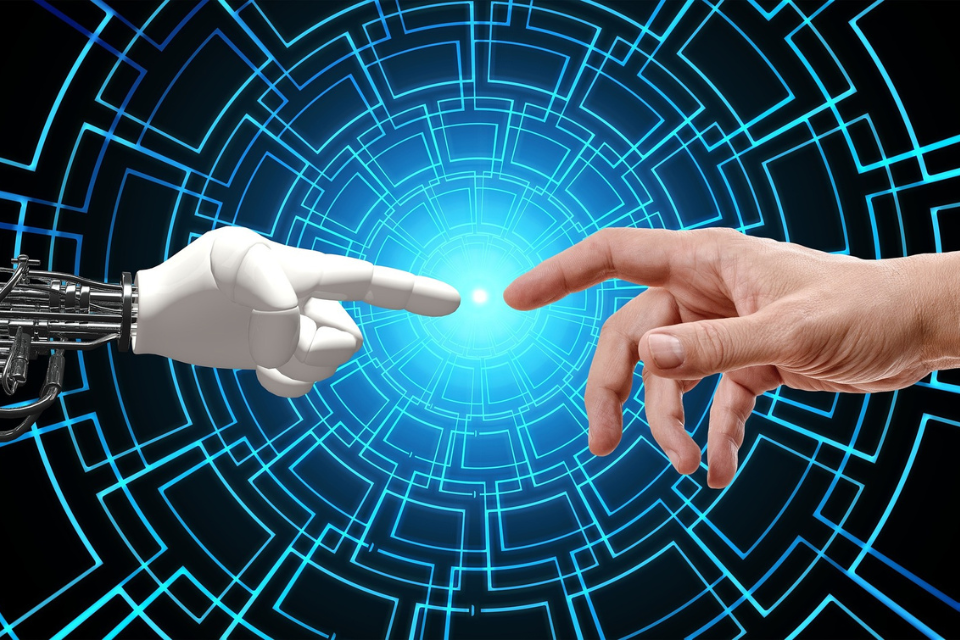All Your Burning AI Questions, Answered
Artificial Intelligence (AI) has become a hot topic in recent years, revolutionizing industries and sparking curiosity across the globe. As this technology continues to evolve, many people find themselves with questions about its nature, capabilities, and impact on our lives. In this blog post, we’ll address some of the most common questions about AI to help you better understand this fascinating field.
What is Artificial Intelligence?
Artificial Intelligence refers to the development of computer systems capable of performing tasks that typically require human intelligence1. These tasks include learning, reasoning, problem-solving, perception, and language understanding. AI aims to create machines that can think and act intelligently, mimicking human cognitive functions.
Types of AI
AI can be categorized into three main types:
- Narrow AI (Weak AI): Designed for specific tasks
- General AI (Strong AI): Possesses human-like cognitive abilities
- Artificial Superintelligence (ASI): Surpasses human intelligence (currently theoretical)
How Does AI Work?
AI systems operate by using algorithms and large amounts of data to identify patterns and make predictions8. Machine learning, a subset of AI, involves training algorithms on extensive datasets to improve their performance over time. Deep learning, another subset, uses neural networks with many layers to analyze data and make complex decisions
Real-World Applications of AI
AI has found its way into numerous aspects of our daily lives:
- Virtual assistants (e.g., Siri, Alexa)
- Recommendation systems (e.g., Netflix, Amazon)
- Fraud detection in finance
- Personalized marketing
- Autonomous vehicles
AI and the Future of Work
One of the most pressing concerns about AI is its impact on employment. While AI has the potential to automate certain tasks, leading to job displacement in some sectors, it also creates new opportunities and roles. Jobs requiring creativity, complex decision-making, and emotional intelligence are less likely to be fully automated. The key lies in adapting to the changing landscape and developing skills that complement AI technologies.
Ethical Considerations
As AI becomes more prevalent, several ethical concerns have emerged:
- Privacy issues related to data collection and analysis
- Bias in AI algorithms
- Potential for AI to be used in harmful ways
- Job displacement due to automation
Addressing these challenges requires careful regulation and responsible development practices.
The Future of AI
The future of AI is promising, with continued advancements expected in healthcare, autonomous systems, education, and more4. While achieving Artificial General Intelligence (AGI) remains a long-term goal, current research focuses on enhancing existing AI capabilities and ensuring their safe and ethical implementation.
Conclusion
As AI continues to shape our world, staying informed about its developments and implications is crucial. By understanding the basics of AI, its applications, and the challenges it presents, we can better prepare for a future where artificial intelligence plays an increasingly significant role in our lives.
Remember, the field of AI is rapidly evolving, and new breakthroughs are happening all the time. Keeping an open mind and staying curious about this technology will help you navigate the exciting future that AI promises to bring.



